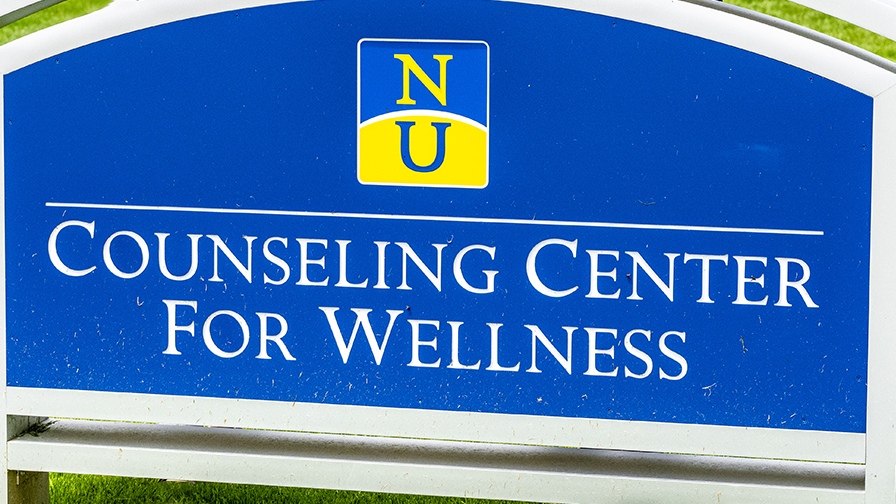Sweet potatoes are a staple side dish for many American families on Thanksgiving, but do...
The Rise in Suicide Calls for Action

Knowing the warning signs and statistics might help you to save a life
“Last year, 70% of college students reported feeling lonely or isolated, in addition to struggling with depression and/or anxiety. Many students might find it difficult to access mental health services because student counseling centers are full or fear the stigma of asking for help,” stated Carla Potts, a representative of ERC/Pathlight, in a recent email to college newspapers.
ERC/Pathlight is a foundation dedicated to improve how eating disorders and mood and anxiety disorders are understood and treated.
The Pennsylvania Department of Health noted that “In Delaware County, approximately 6 suicide deaths occurred every month” in 2017. Of these deaths, 67% were male and 17% were between the ages of 10-29. Of these statistics, 12% of people disclosed their suicidal intent to either a family member or friend, and therefore it is essential to know the warning signs and what to do if someone comes to you for help.
A Licensed Professional Counselor/Professor in Psychology here at Neumann University spoke about the warning signs of suicide and how we can help others. Frederic Haas (MA, MS, LPC) described how to notice essential warning signs people should be more aware about. Signs include becoming withdrawn or exhibiting changes in mood, socialization, appetite, or sleeping habits/ general interests. Another signal is if a person stops making plans for the future.
Key terms to help understand the process are “suicidal ideation” and “plan.” Ideation is the thought process, while a plan might be hearing someone say words like “I am going to take the pills and go to sleep” or “I’m going to blow my brains out.” For the best case scenario, the individual will reach out to friends and family for support and help.
If a person suspects that someone is considering suicide, the very first course of action to take is to seek out professional help, such as the suicide hotline and 7CUPS online services (contacts are located at the bottom of this article). Always take what the person is saying seriously. All cries for help can be different for each individual but all are important.
“Ideation you want to take seriously, but if it transitions into a plan, that is when you need to think about whether you should involuntarily commit the person,” stated Haas. If it gets to the point where you cannot get the person help and they are planning suicide, the police are able to intervene and get the person to a safe place. Haas added, “If it gets to this point between ‘I feel really awful’ and ‘I’m going to do something,’ you have to try to get them into a safe place where they can start the work.”
Helpful numbers/Organizations:
Suicide and Crisis Lifeline: (call or text) 988 OR chat at 988lifeline.org
Neumann University Counseling Center for Wellness: (610) 358-4263
7CUPS online Active Listening: https://www.7cups.com/
How to learn more to help:
For student athletes specifically, there is a free support group series starting Oct. 3. Huddling Up for Mental Health will take place on Mondays for four weeks. It’s open to any collegiate athlete aged 18 years or older and will provide athletes with a safe place to come together to support each other and gain skills and resources for their mental health. Students can find more info and register here.
Additionally, virtual intensive outpatient (Virtual IOP) programs give students flexibility to get the treatment they need without leaving their life behind. With Virtual IOP, students get more support than going to a therapist once a week, from the convenience of their dorm or home so they don’t have to leave school.




